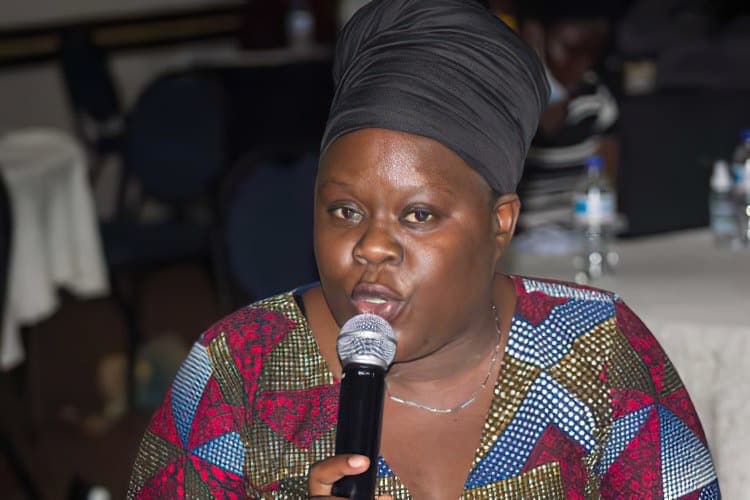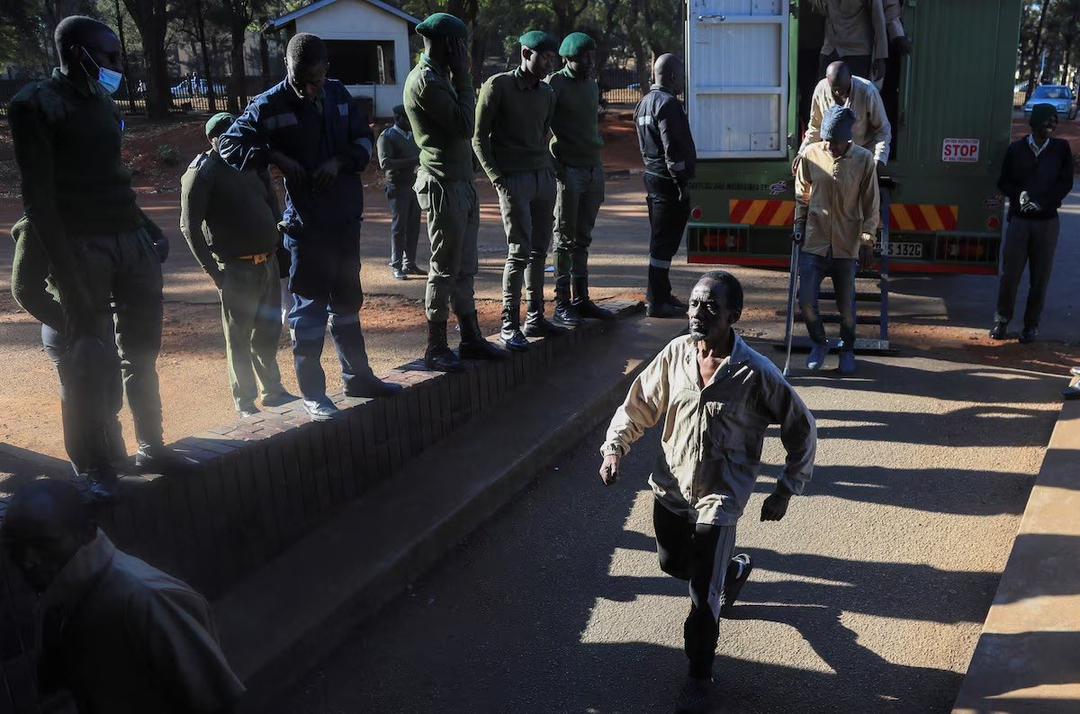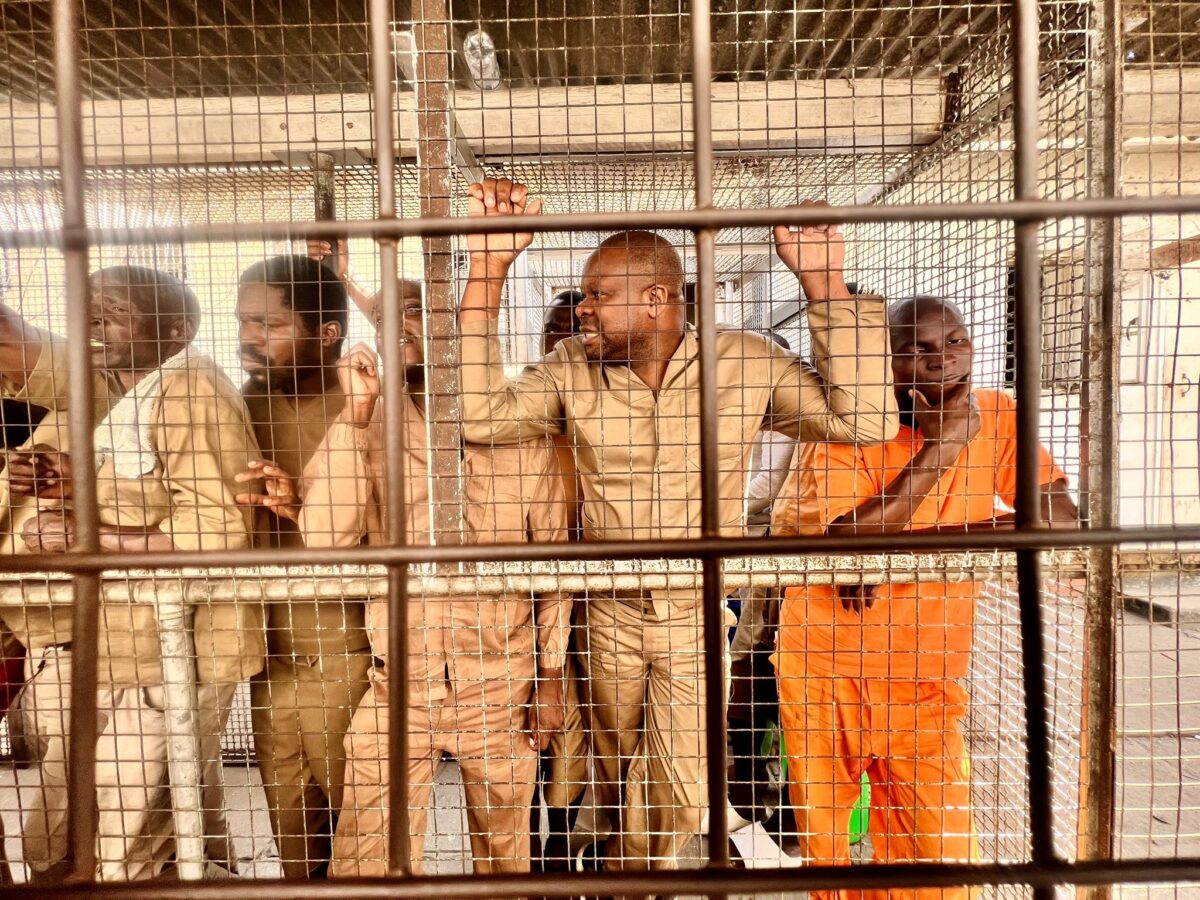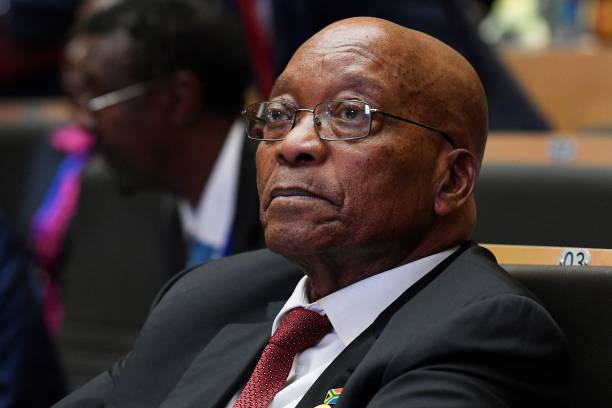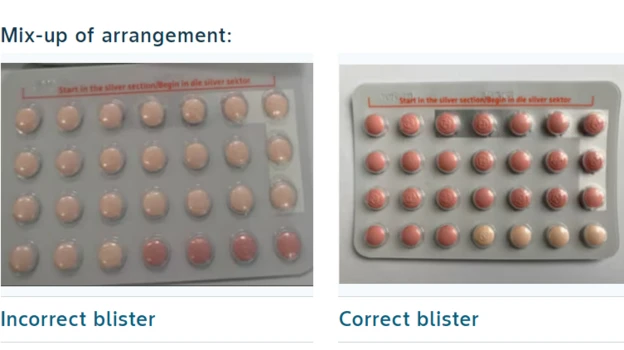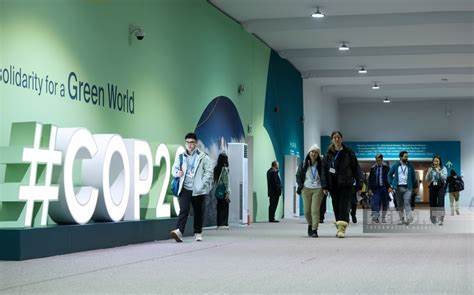HARARE – A local feminist group has bemoaned what it terms a retrogressive slide in women participation in national elections after it emerged that women constituted just 11 percent of candidates who successfully passed nomination to contest for national assembly seats in the August 23 elections.
There are no women either among the 11 candidates vying for presidency.
In a statement, Women’s Institute for Leadership Development (WILD) also expressed dismay with male dominated political parties that claim support for equal participation of women in electoral processes and yet act contrary to their vows when it comes to candidate selection.
WILD said the Zimbabwe Electoral Commission (ZEC’s) nomination court results revealed that women were still accorded peripheral status in political processes.
“Progressively, the women and youth quota, and the zebra format were adhered to in the National Assembly and Senate list,” said the feminist group.
“However, the 11 percent that is 70/637 women candidates nominated for the National Assembly direct election and 0 percent for presidential candidacy compared to 237/1648 (14.4 percent) female candidates for National Assembly and 4 female Presidential candidates in 2018 is retrogressive in attaining gender equality.
“It leaves women on the margins of decision-making, which is also detrimental to democracy and the reduction of the pervasive gender inequality gap.
“It also means women’s concerns and perspectives in issues of opportunities, public resource management and service delivery will not be prioritized.”
The organisation said the low political representation and participation of women in Zimbabwe remains worrisome.
“Despite notable progress made in recent years, women continue to be underrepresented in political leadership and decision making processes,” WILD said.
“The gender of legislators has a distinct impact on their political priorities, making it crucial that women are present in political life to represent the concerns of women, marginalised groups and communities, to improve the responsiveness of social policy, development and governance.”
WILD attributed the low participation of women in political positions to cultural and societal norms, limited access to education, socio-economic disparities, and structural barriers within political parties and steep nomination fees.
“WILD calls upon the government, civil society organisations, political parties, and the broader Zimbabwean community, Regional International Partners, to take immediate and sustained action to enhance women’s political participation,” it said.
The only female candidate who attempted to file nomination for the presidential contest was LEAD’s Linda Masarira who admitted that raising the US$20,000 fees required for one to enter the race was a mammoth task.
“It has been a mammoth task (raising the nomination fees). Our public offices are now a preserve for the rich, a preserve for the elite,” she told journalists recently.

